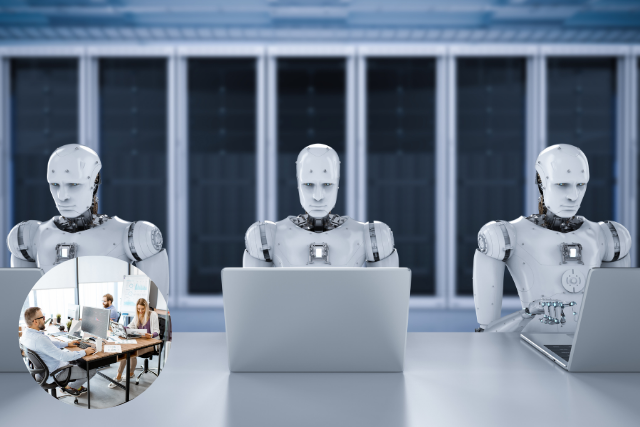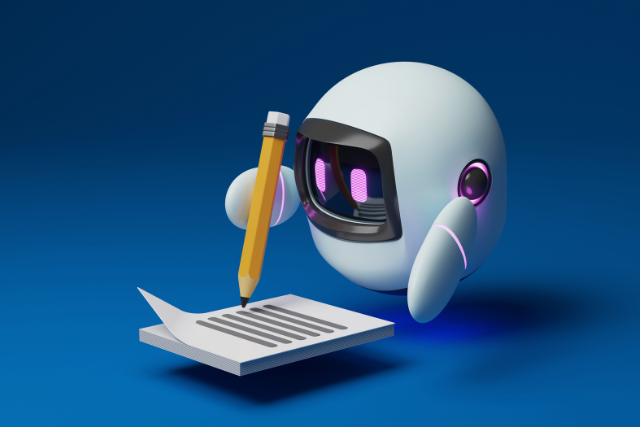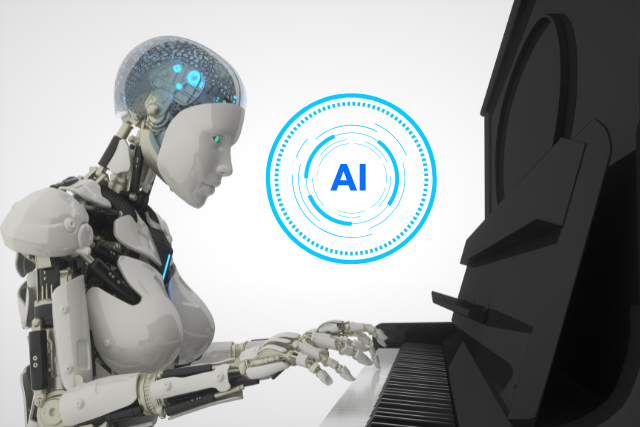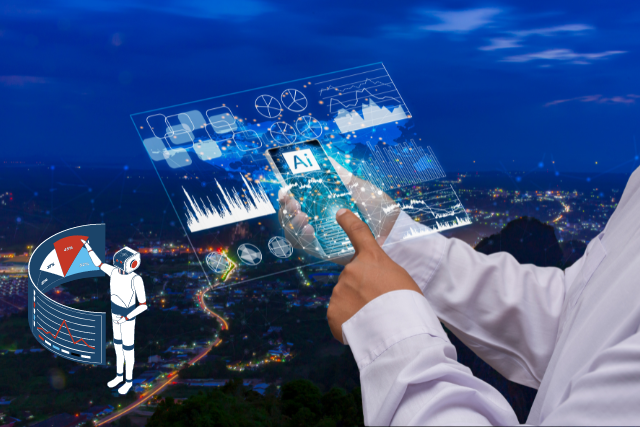What is AI?
In recent years, the term “Artificial Intelligence” has become increasingly popular. But what exactly is Artificial Intelligence?
At its simplest, Artificial Intelligence is the branch of computer science that deals with making computers do things that would normally require human intelligence to get done. This can range from something as simple as adding two numbers together, to something as complex as driving a car.
There are different types of artificial intelligence, but some of the most common are machine learning and natural language processing. Machine learning is a branch of artificial intelligence that deals with algorithms that can learn from data and improve their performance over time. This is not to be confused with data science, which uses statistical methods to analyze large data sets.
History of AI
Artificial intelligence (AI) is the process of making a computer system that can do things that ordinarily require human intelligence, such as understanding natural language and recognizing objects. AI research deals with the question of how to create computers that are capable of intelligent behavior.
What can AI do?
AI is still in its early developmental stages, but there are already many things that it can do. One of the most impressive things AI can do is recognize patterns. This means that it can take a large amount of data and find relationships between different factors. This is helpful for businesses because it can be used to make predictions about what customers will want or how they will behave. Additionally, AI can be used to automate tasks. This includes things like sorting emails, scheduling appointments, and even driving a car.
As AI continues to develop, its capabilities will only increase and we will find even more ways to use it in our everyday lives. Artificial intelligence is also a great way to solve problems. It can be used to diagnose medical conditions, optimize traffic patterns, and even create new technology. AI relies on algorithms to make calculations and predictions about the world around it.
How does AI work?
With artificial intelligence (AI), you can create intelligent agents, which are systems that can reason, learn, and act autonomously.
AI research deals with the question of how to create computers that are capable of intelligent behavior. In order to answer this question, AI researchers have developed a number of techniques, including machine learning, natural language processing, and robotics.
Machine learning is a method of teaching computers to learn from data, without being explicitly programmed. This is done by building algorithms that can automatically improve given more data.
Natural language processing is a field of AI that deals with the ability of computers to understand human language and respond in a way that is natural for humans. This involves teaching computers to perform tasks such as text summarization and machine translation.
Robotics: This involves the use of robots to carry out tasks that would otherwise be difficult or impossible for humans to do. This can range from assembling a car to performing surgery. Artificial intelligence (AI) is used to help these machines complete their tasks. The use of AI makes the robots more efficient and capable than they would be if they were controlled by humans.
Implications of AI
AI has already begun to change the way we live and work. It is widely used in areas such as healthcare, finance, manufacturing, and logistics. As AI continues to develop, its impact will only grow. There are both positive and negative implications of this technology.
On the positive side, AI can help us solve complex problems and make better decisions. It can also automate repetitive tasks, freeing up time for us to focus on other things. Additionally, AI can improve efficiency and accuracy in many areas of business.
On the negative side, AI may lead to job loss as automation increases. Additionally, AI technology is often used for surveillance and control purposes, which raises privacy concerns. There is also the potential for misuse of AI technology by bad actors with malicious intent.
Overall, AI is a powerful tool that comes with both benefits and risks.
Conclusion
Artificial intelligence is a process of programming computers to make decisions for themselves. This can be done through a number of methods, including but not limited to rule-based systems, decision trees, genetic algorithms, artificial neural networks, and fuzzy logic systems.
While there is no one definitive answer to the question of what artificial intelligence is, it is clear that it has the potential to revolutionize the way we live and work.






